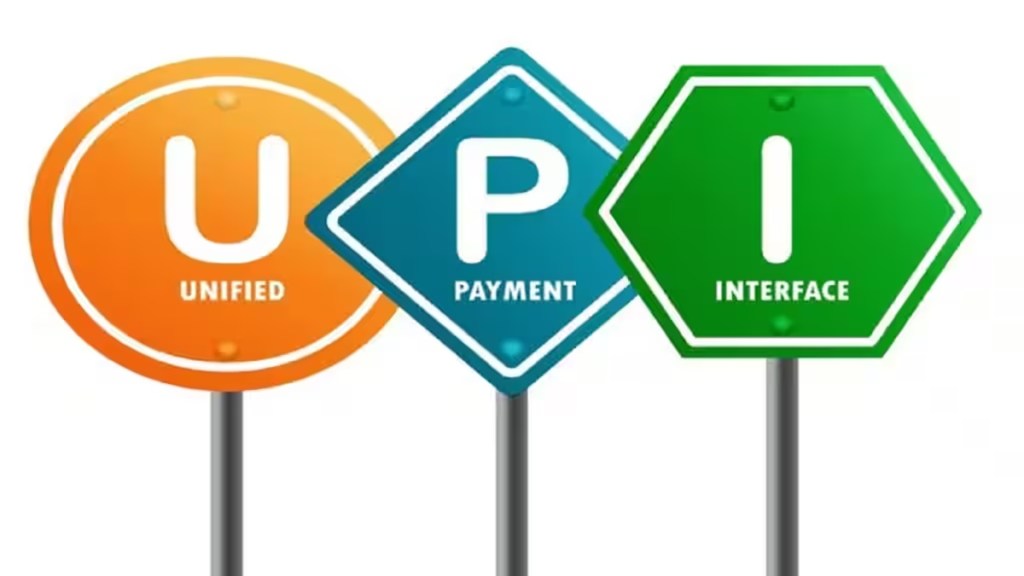Digital payment landscape in India has evolved over the years, thanks to UPI (Unified Payments Interface). Such has been the impact of UPI in the digital payment sector in the country that debit cards, once a staple in everyday transactions, are facing an existential threat.
UPI has been adding new features every now and then to further enhance convenience and speed for users, resulting in more and more customers shifting from card based transactions. There’s no denying that UPI’s new capabilities pose a direct threat to debit cards. In this article, we will discuss if debit cards really face an existential crisis.
UPI’s new features like ATM cash withdrawals and delegated payments for family and friends are expected to further help UPI capture a larger portion of the debit card market, according to industry experts.
“The growing features of UPI, like ATM withdrawals and circle-based payments, mark an important shift in India’s digital payments. These innovations are poised to challenge the use of debit cards, particularly because UPI offers more convenience. Instead of carrying a physical card, users can now perform multiple functions directly from their smartphones. UPI-ATM withdrawals, for instance, allow people to access cash without needing a debit card, streamlining the process and saving time,” says Kunal Varma, CEO and Co-founder at Freo.
Will debit cards disappear entirely due to UPI onslaught?
However, debit cards won’t disappear entirely, he adds. Debit cards have an important role, especially for larger transactions, offline payments, and international usage, which UPI currently doesn’t fully cover, according to Varma.
“As UPI continues to evolve, it will likely become the go-to for everyday, smaller transactions. Meanwhile, debit cards will still be useful in situations where UPI falls short. The real challenge for banks will be balancing these two systems as user preferences shift,” he emphasises.
Varma feels that financial institutions will need to innovate and ensure both systems can coexist to meet different consumer needs effectively.
Official data also suggests that debit cards have seen a notable decline among popular retail payment methods in recent years due to the UPI capturing the former’s market. As UPI is designed to handle all types of retail digital transactions, it was obvious that the debit card payments market would be disrupted.
UPI disrupts traditional banking landscape
Echoing similar sentiments, Shikhar Aggarwal, Chairman, BLS E-Services, says that the introduction of UPI features like ATM withdrawals and circles has undeniably disrupted the traditional banking landscape. These innovations, offering convenience and accessibility, have the potential to significantly impact the usage of debit cards, he adds.
New UPI features like UPI Circle helps users delegate authority to family members, such as children or elderly parents, to make transactions directly from their UPI-linked accounts. This feature poses a direct challenge to banks’ add-on debit cards, which are typically issued to family members for accessing the primary account.
An add-on card is a supplementary debit card linked to the primary account holder’s account, commonly issued to spouses, children, or parents, allowing them to access funds from the main account.
Also read: RBI enhances UPI transaction limits for THESE payments – Details here
The ability to withdraw cash from ATMs using UPI eliminates the need for physical debit cards, providing a more streamlined and secure experience, Aggarwal feels. “Moreover, the concept of circles, which allows for peer-to-peer payments within a group, further reduces the reliance on debit cards for smaller transactions. As these features become more widely adopted, it is reasonable to anticipate a decline in the usage of debit cards for routine payments,” he says.
Ultimately, the extent to which UPI will impact the use of debit cards will depend on factors such as technological advancements, consumer preferences, and regulatory policies, says Aggarwal. As the digital payment landscape evolves, it is clear that UPI is poised to play a significant role, potentially reshaping the way, he adds.

